New beginnings: Yoshio Taniguchi to redesign his father’s Tokyo Okura Hotel
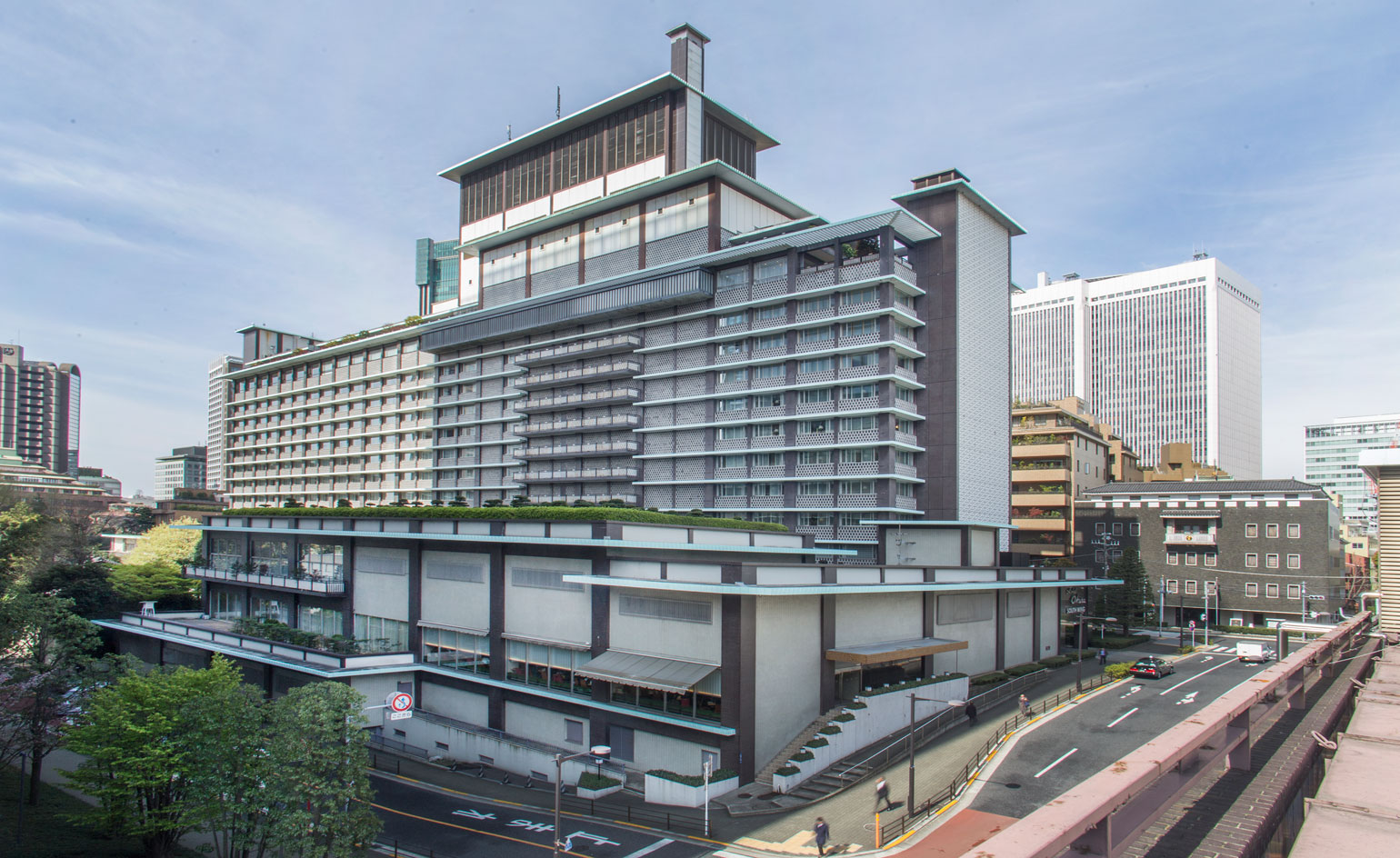
Receive our daily digest of inspiration, escapism and design stories from around the world direct to your inbox.
You are now subscribed
Your newsletter sign-up was successful
Want to add more newsletters?

Daily (Mon-Sun)
Daily Digest
Sign up for global news and reviews, a Wallpaper* take on architecture, design, art & culture, fashion & beauty, travel, tech, watches & jewellery and more.

Monthly, coming soon
The Rundown
A design-minded take on the world of style from Wallpaper* fashion features editor Jack Moss, from global runway shows to insider news and emerging trends.

Monthly, coming soon
The Design File
A closer look at the people and places shaping design, from inspiring interiors to exceptional products, in an expert edit by Wallpaper* global design director Hugo Macdonald.
It has been planned for some time, but on 1 September, the magnificent Hotel Okura in Tokyo really is closing to be demolished. Two glass towers will rise in its place, replacing this 1960s gem of Japanese architecture.
Completed in 1962 by a team of five architects led by Yoshiro Taniguchi – who personally designed the welcoming lobby – the hotel was bold and very Western (read: modern) for its time, but with a distinct Japanese aesthetic brought to life by the craftsmen who decorated the space with silk wall coverings, delicate wooden lattice work, specially commissioned tiles, carpets and lighting fixtures. The Okura was a masterfully designed and executed space; a project ahead of its time and an important part of modern Japanese architectural history that, sadly, is soon to be no more.
The Okura was originally opened just in time for the 1964 Olympics. Ironically, it is the forthcoming 2020 games that have prompted the management to scrap and rebuild the lauded structure. The rooms will be slightly bigger (between 30–33 sq m and 48–56 sq m), slightly more numerous (550 rooms from the present 408) and fitted with the latest gadgets, new piping and earthquake proofing. However, pessimistic speculation would posit that the new Okura may lack the detailed, old-school, craft-based charm of its predecessor.
The new design has been put in the hands of Taniguchi's son, Yoshio Taniguchi – a successful architect in his own right, whose approach favours more contemporary, minimalist, clean lines. While the construction takes place, the hotel will operate from the original building's 1973 South Wing addition. For now, it will retain its original appearance, with the classic Orchid bar from the main building and the hotel's restaurants temporarily relocated, offering a chance for the public to visit that seminal interior for a final time.
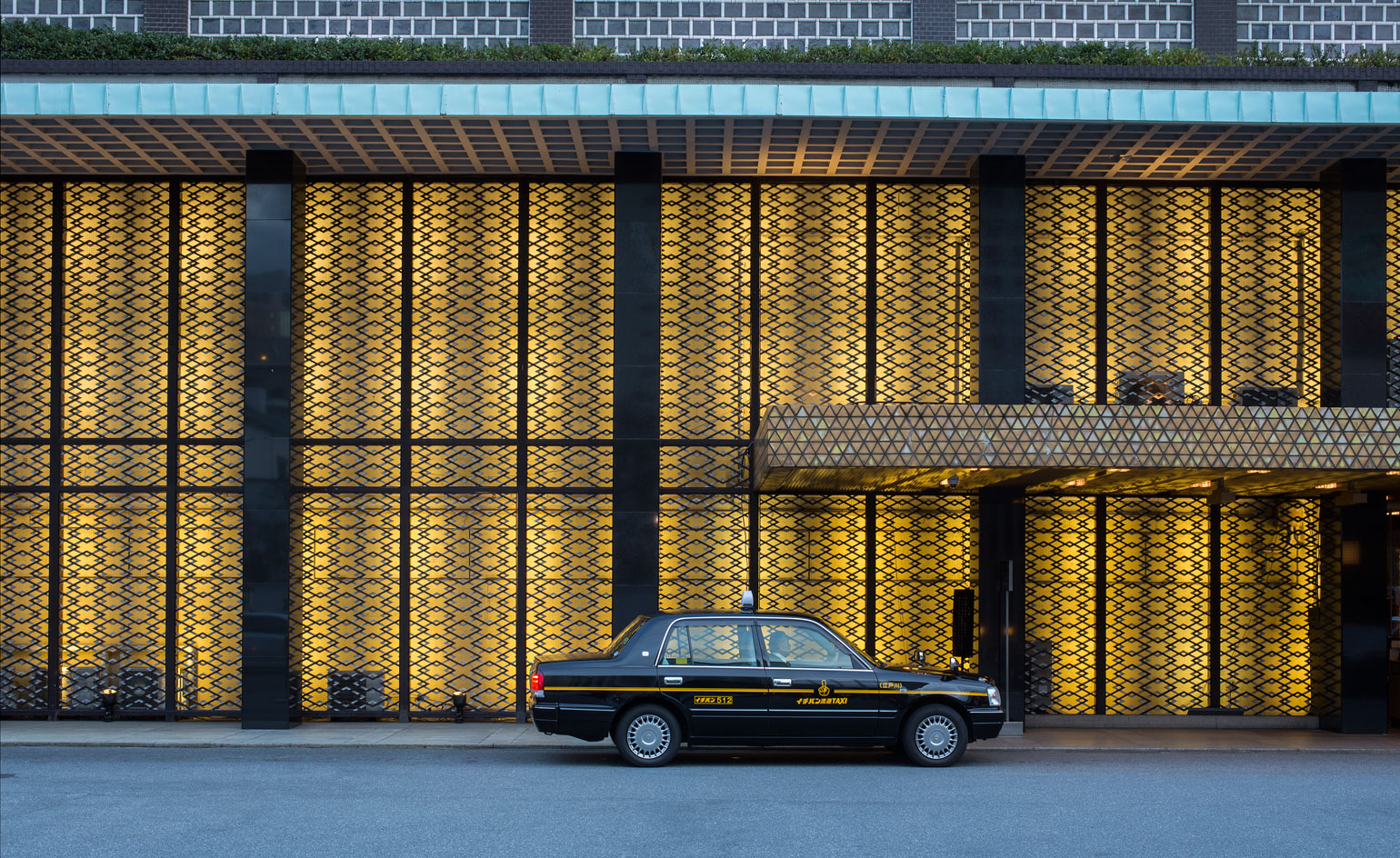
Completed in 1962 by a team led by Yoshiro Taniguchi, the Okura was bold and very Western (read: modern) for its time
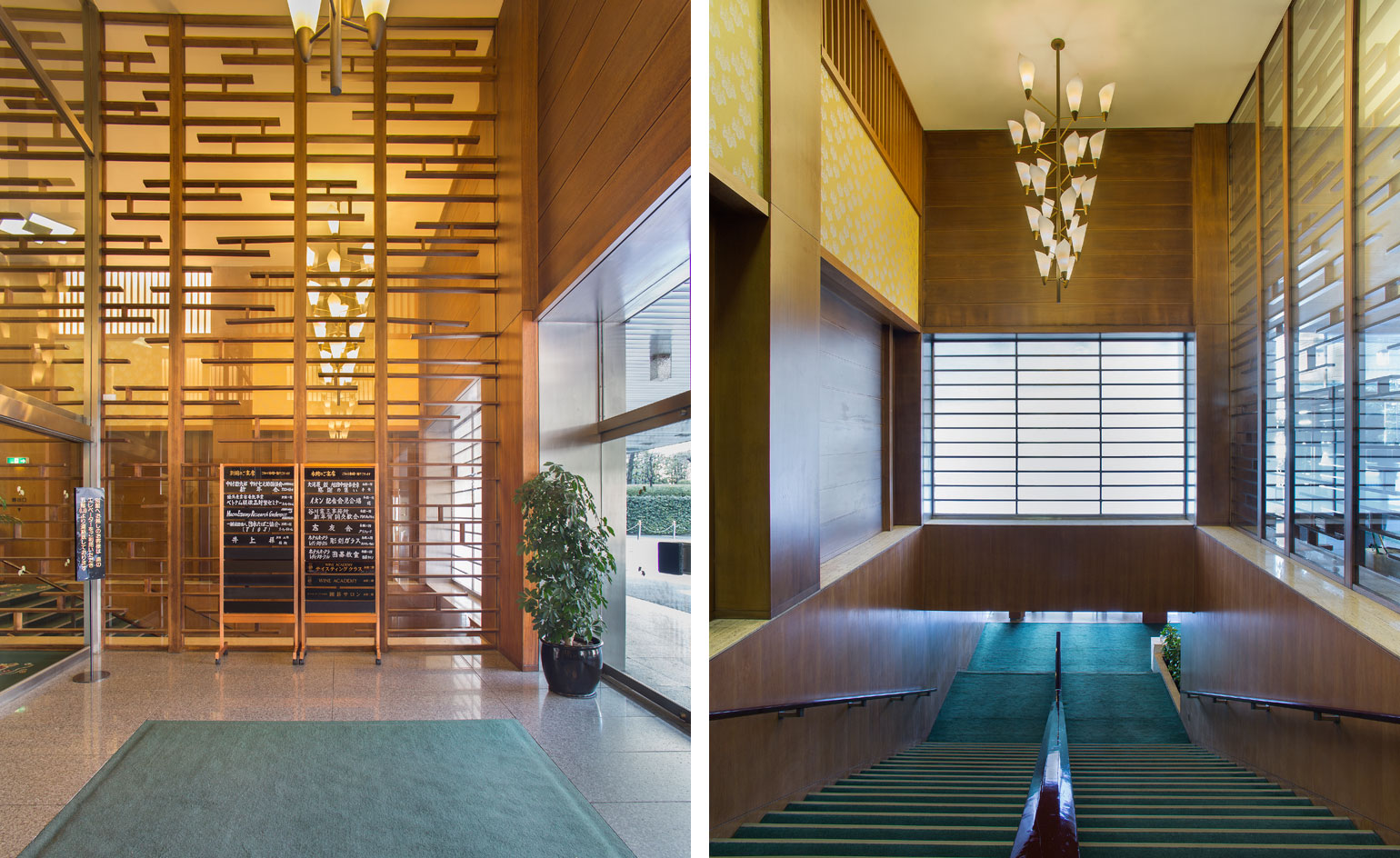
The hotel's distinct Japanese aesthetic was brought to life by the craftsmen who decorated the space with silk wall coverings, delicate wooden lattice work, specially commissioned tiles, carpets and lighting fixtures
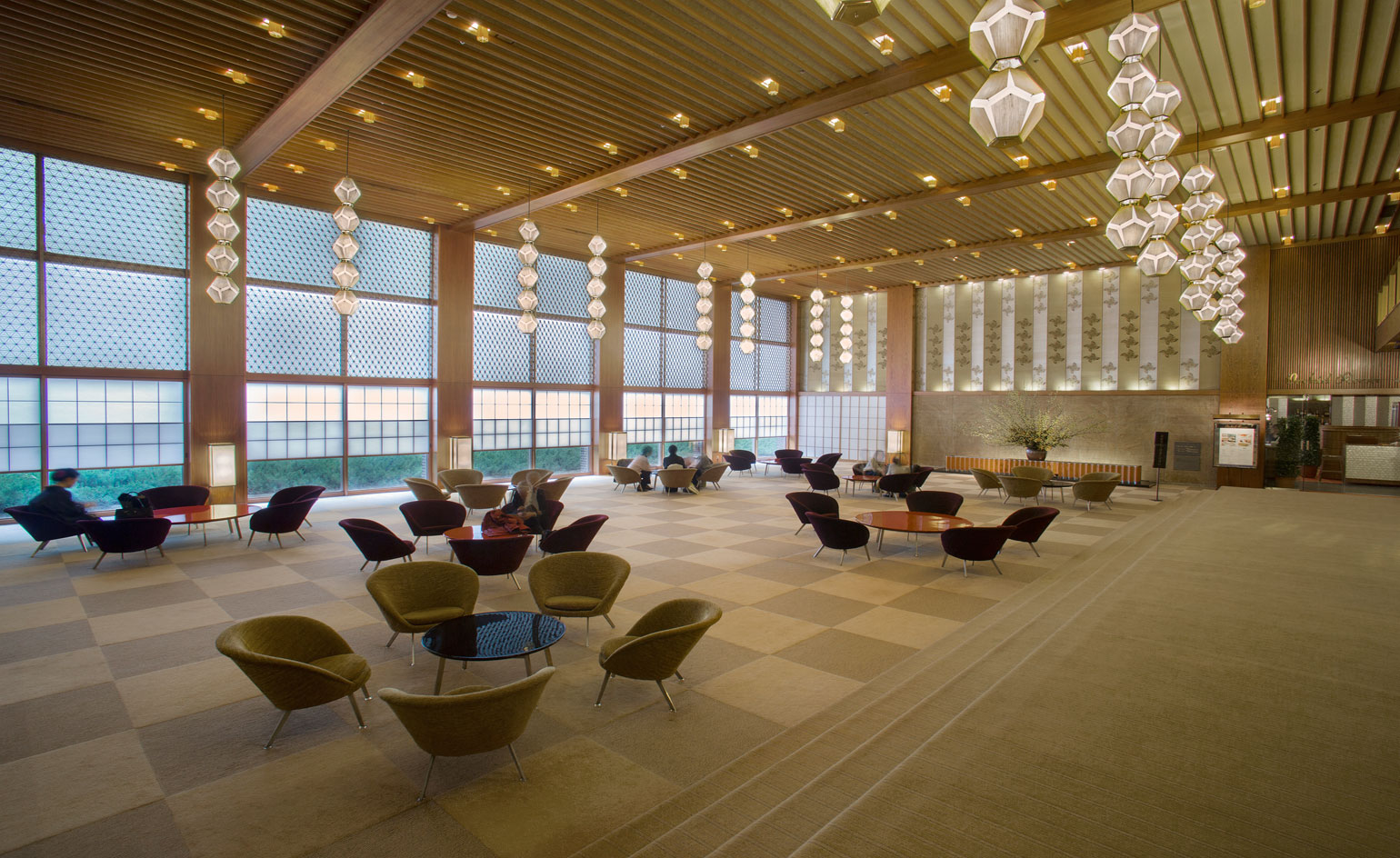
The building was completed in 1962 by a team of five architects led by Yoshiro Taniguchi
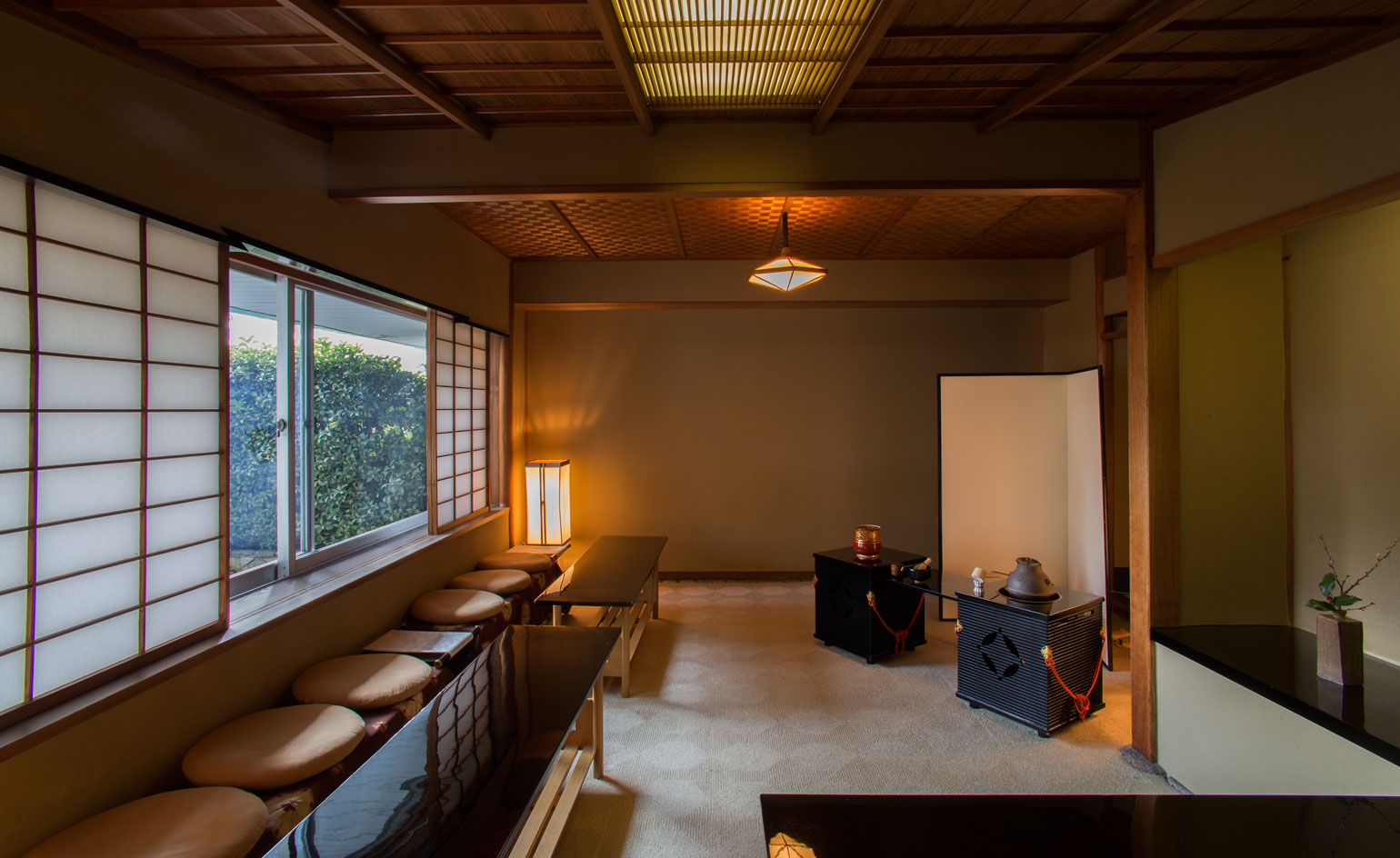
The Okura was a masterfully designed and executed space...
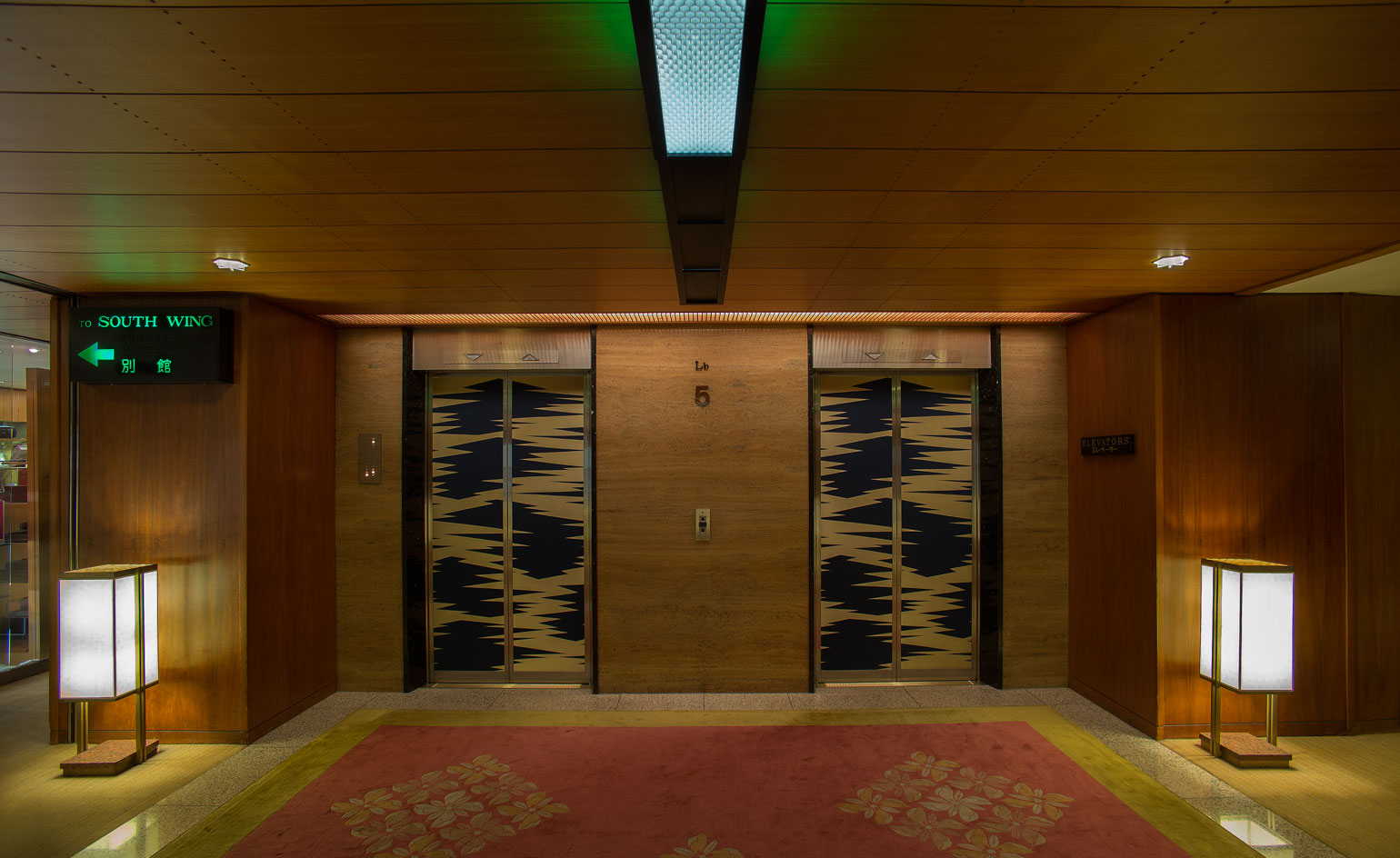
... a project ahead of its time and an important part of modern Japanese architectural history
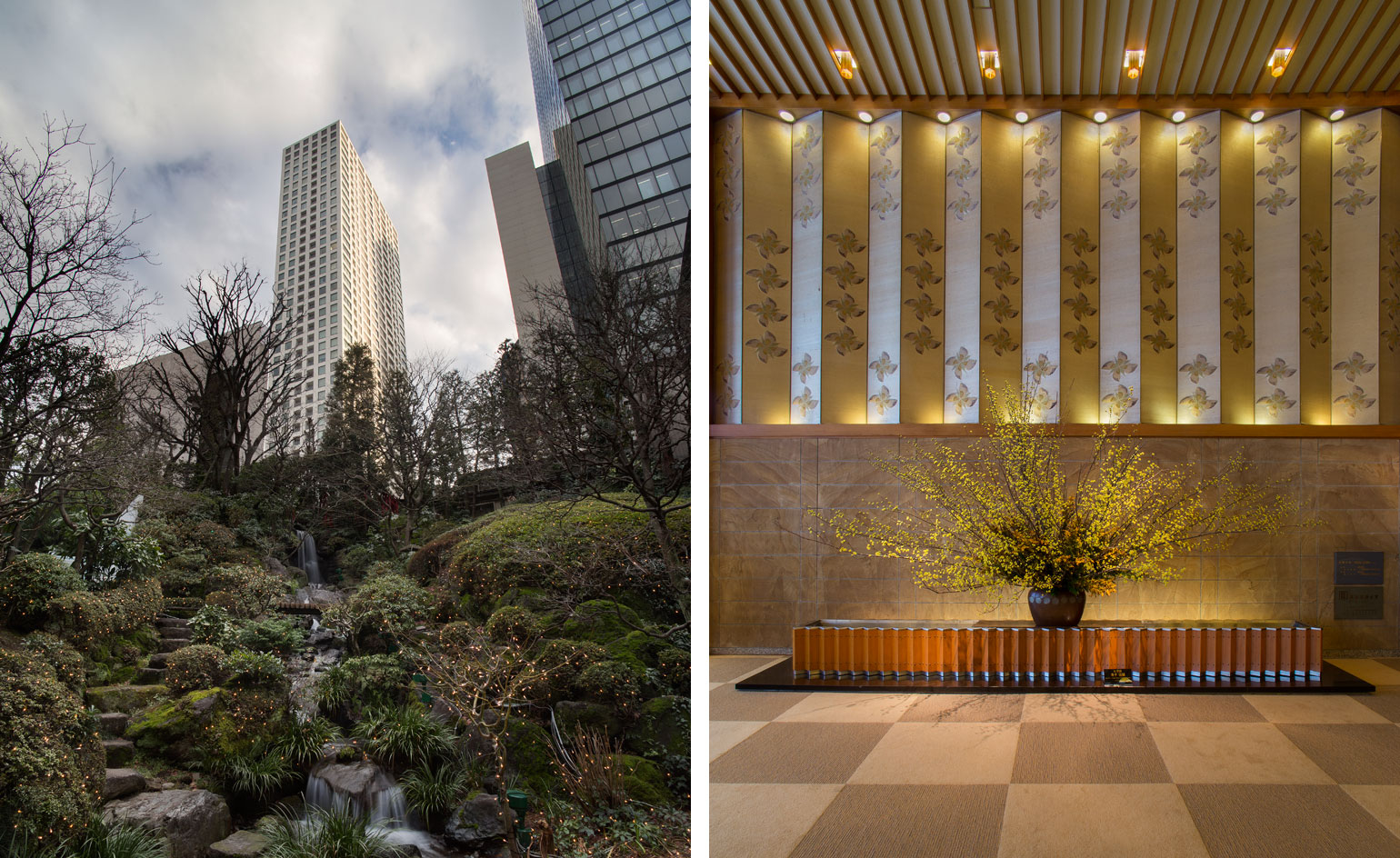
The Okura was originally opened just in time for the 1964 Olympics – but it is the forthcoming 2020 games that have prompted the management to rebuild the lauded structure
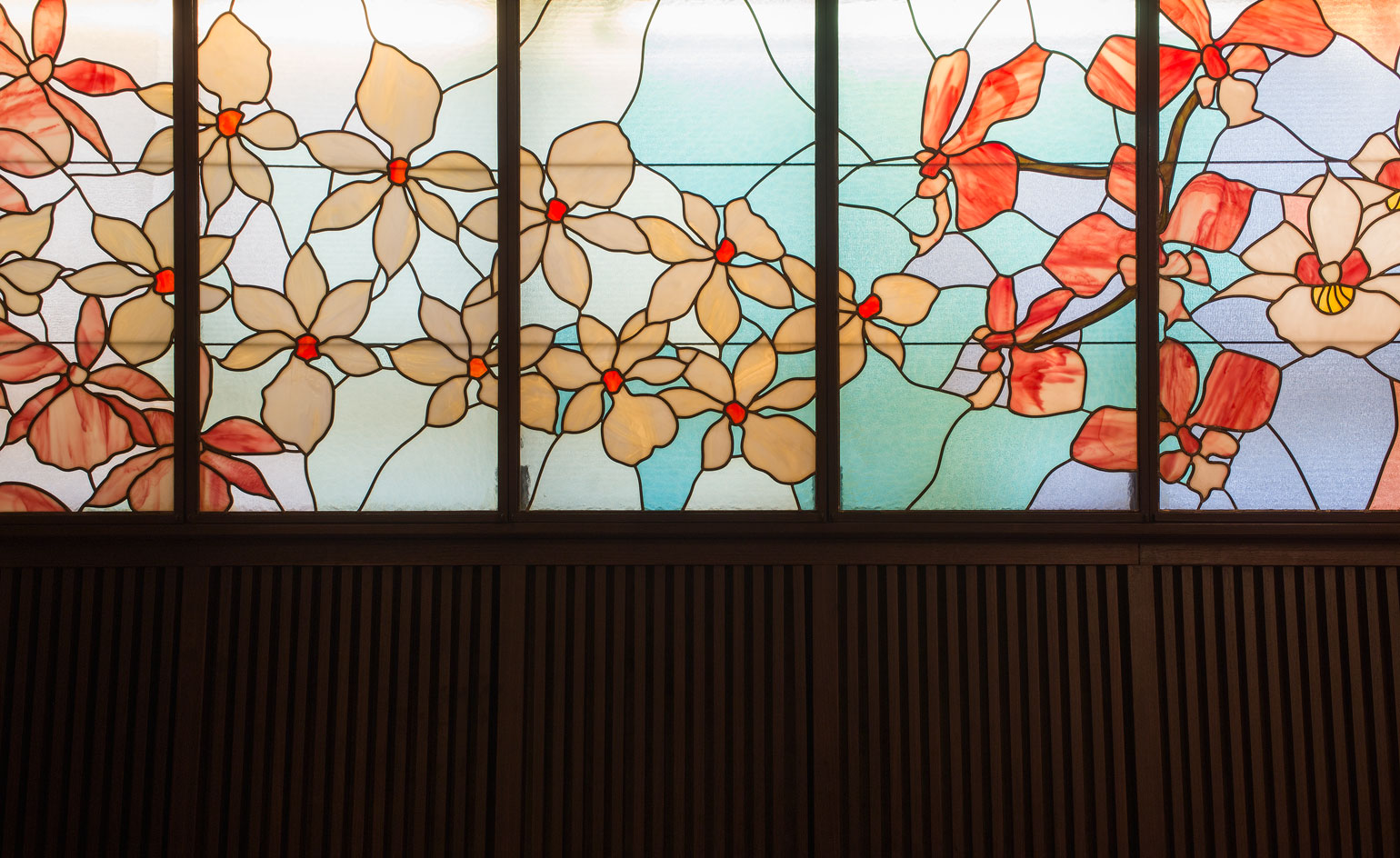
The new design has been put in the hands of Taniguchi's son, Yoshio Taniguchi – a successful architect in his own right
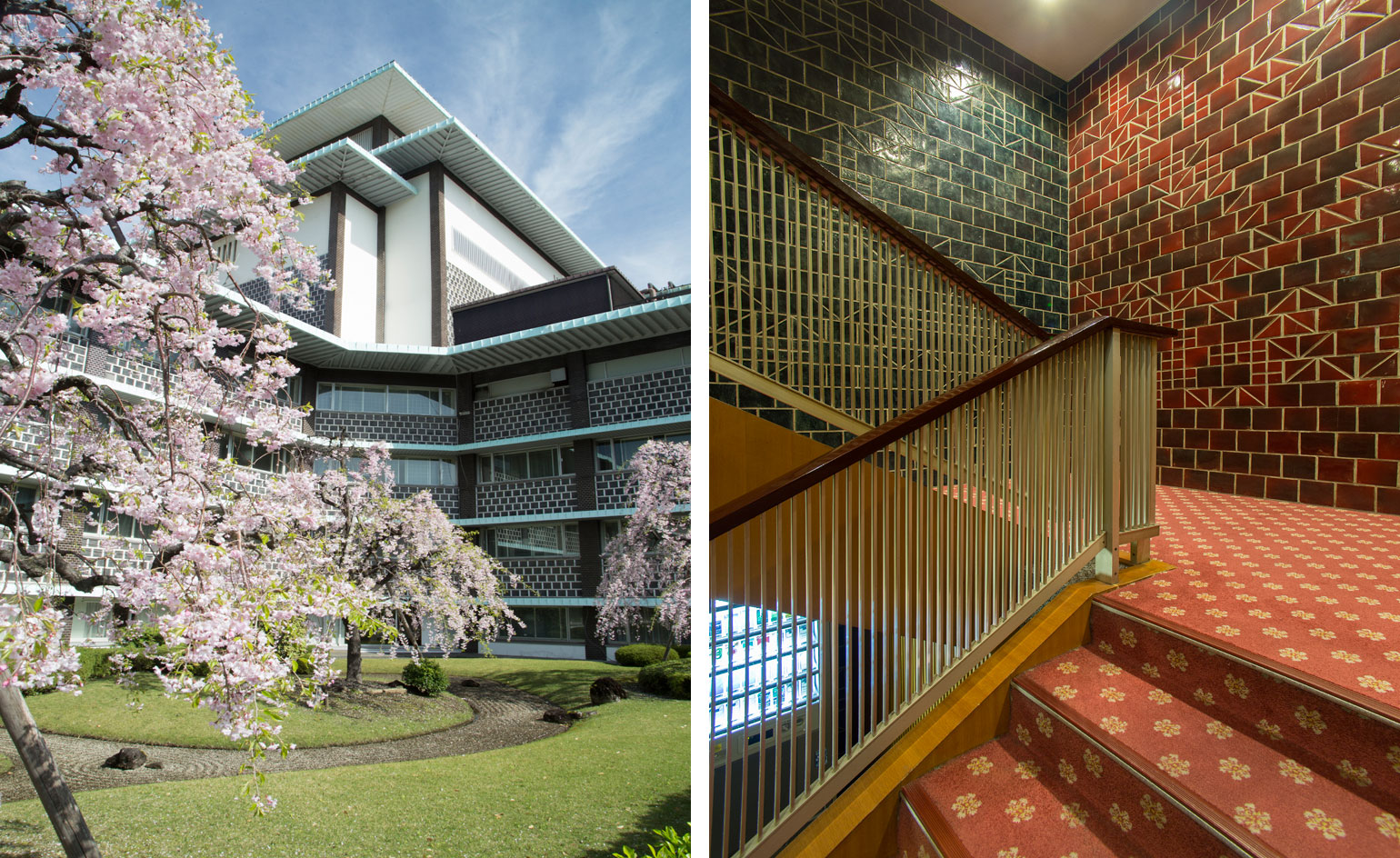
In contrast to his father, Yoshio's approach favours more contemporary, minimalist, clean lines
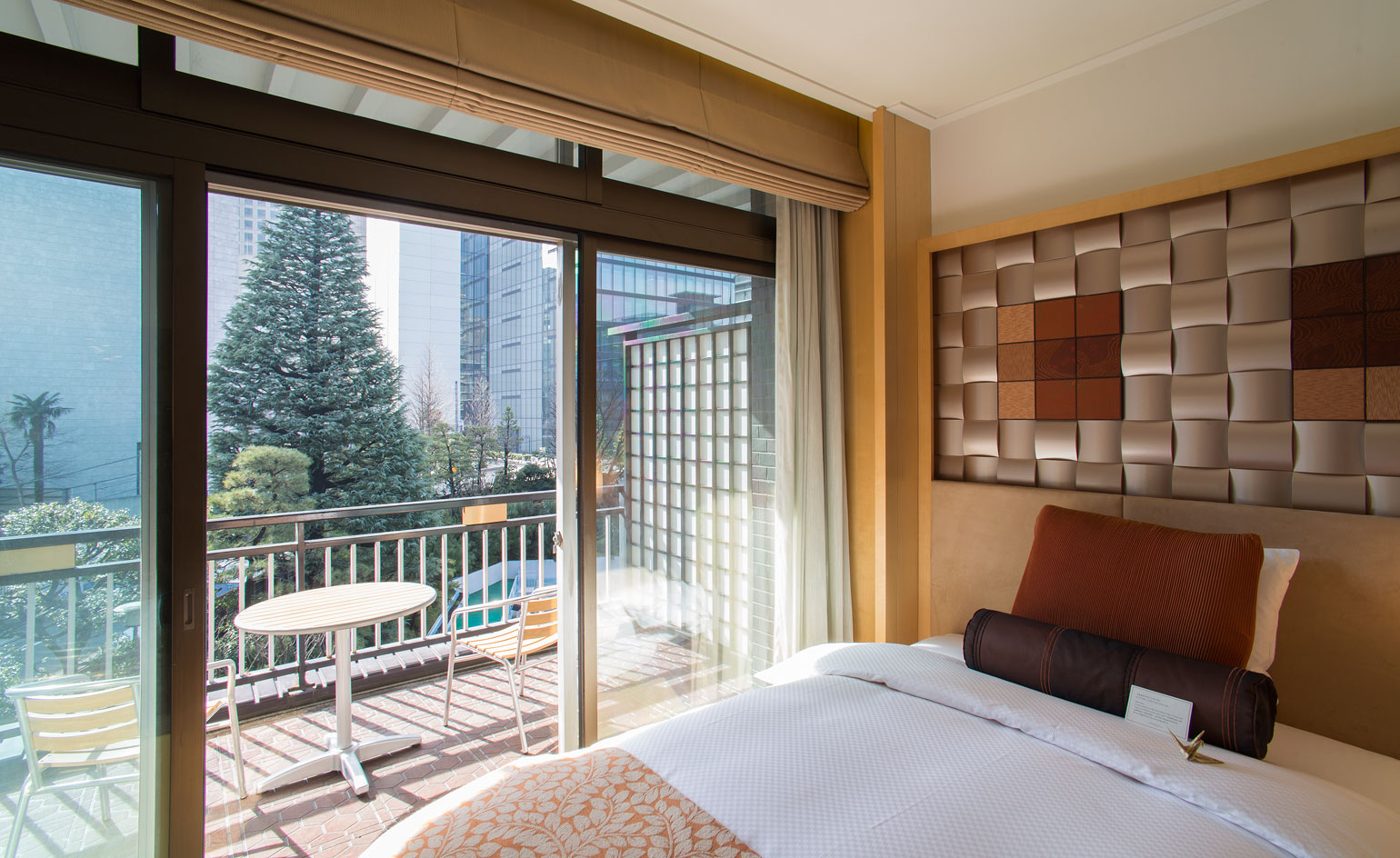
While the construction takes place, the hotel will operate from the original building's 1973 South Wing addition
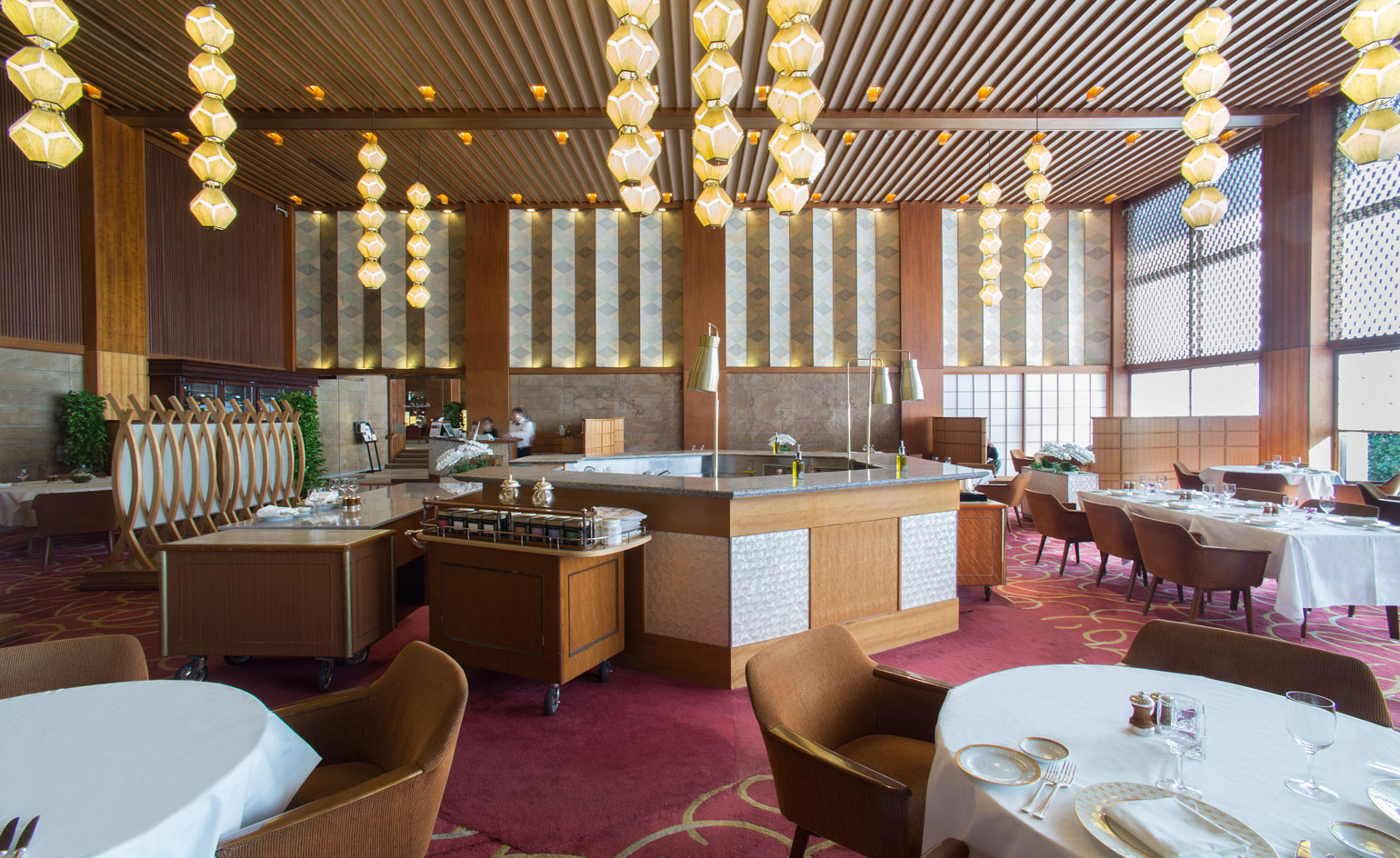
Until the work is complete, the hotel retain its original appearance with the classic Orchid bar from the main building and the hotel's restaurants temporarily relocated
ADDRESS
Hotel Okura Tokyo
2-10-4 Toranomon, Minato-ku
Tokyo 105-0001
Receive our daily digest of inspiration, escapism and design stories from around the world direct to your inbox.
Originally from Denmark, Jens H. Jensen has been calling Japan his home for almost two decades. Since 2014 he has worked with Wallpaper* as the Japan Editor. His main interests are architecture, crafts and design. Besides writing and editing, he consults numerous business in Japan and beyond and designs and build retail, residential and moving (read: vans) interiors.